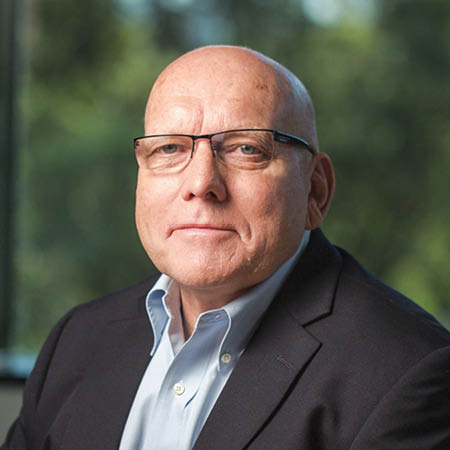Kordia Solutions knows that teamwork is the key to success in a challenging sector such as communications. The business values the work of its 500-plus employees, whether they are working in the internal support sectors or externally in a customer service capacity. CEO Ken Benson is there to lead them on the right path to ensure Kordia’s strong market position in the years to come.
”Any CEO who tells you that they can do it all on their own is talking nonsense,” Ken says. “My team works really hard, my senior team works really hard, and our success that were beginning to enjoy is every bit theirs as it is mine. It is a team story.”
Kordia Solutions Australia is part of the Kordia Group, which was established in 1962 in New Zealand. The business offers a diverse range of competencies including consulting services, design, engineering solutions, network deployment and upgrades, commissioning and integration, network operations with 24/7 monitoring and network maintenance, ICT services, and logistics and warehousing. It is well known for its expertise in deploying and maintaining critical networks and infrastructure across the country.
Ken joined the company in March 2014. He is a highly successful senior executive with a vast professional portfolio, and has strong experience in building skilled and motivated teams who deliver excellent results. Ken started his career in London with British Telecom, before moving over to Telecom New Zealand and then to Telstra in Australia. He has served as chairman or director of companies in EMEA and AsiaPacific regions, including Southern Cross Cable, Australia Japan Cable, Telecom Cook Island, and the Kordia Group.
When he assumed the role of CEO, the first thing he did was look at the situation he had inherited, determine what the challenges were and what needed to be addressed immediately. He quickly recognised cashflow issues, that there were too many staff with not enough work, that there was a lack of commerciality, and that there were gaps in Kordia’s ability to deliver some of its core services.
“When I first agreed to the position, I expected Id have to change probably one or two senior managers, but in fact we changed everyone bar one,” Ken explains. “That was a combination of taking the initial view of saying, ‘What do I need to do short term?’ because clearly we didn’t have enough revenue coming into the business to support the number of people, and the fact that our cashflow was horrid. So I had to fix those things. We did that in the first three months. We lost about 200 people and started to take a slightly different approach within the business and to manage the cash much more tightly.”



